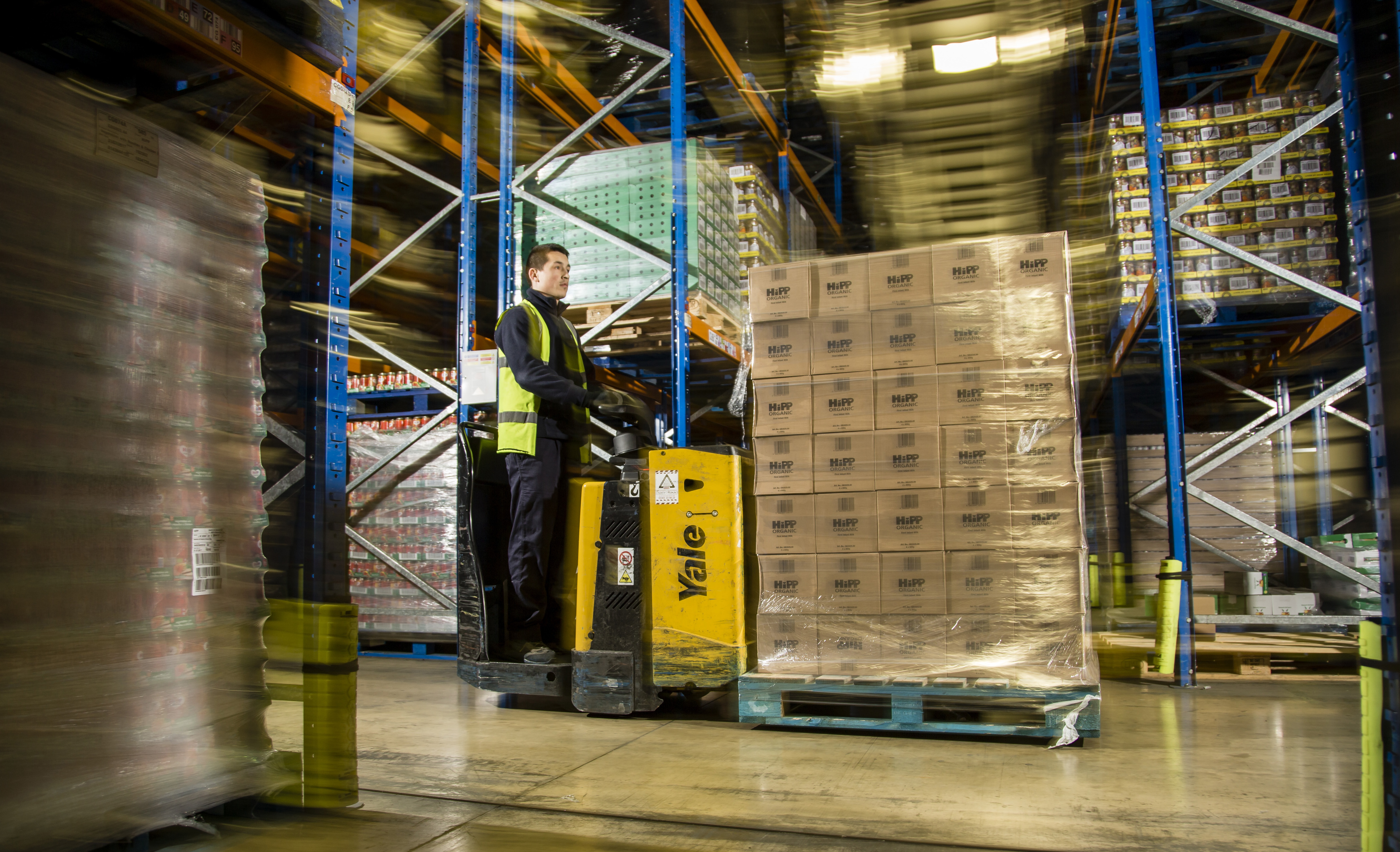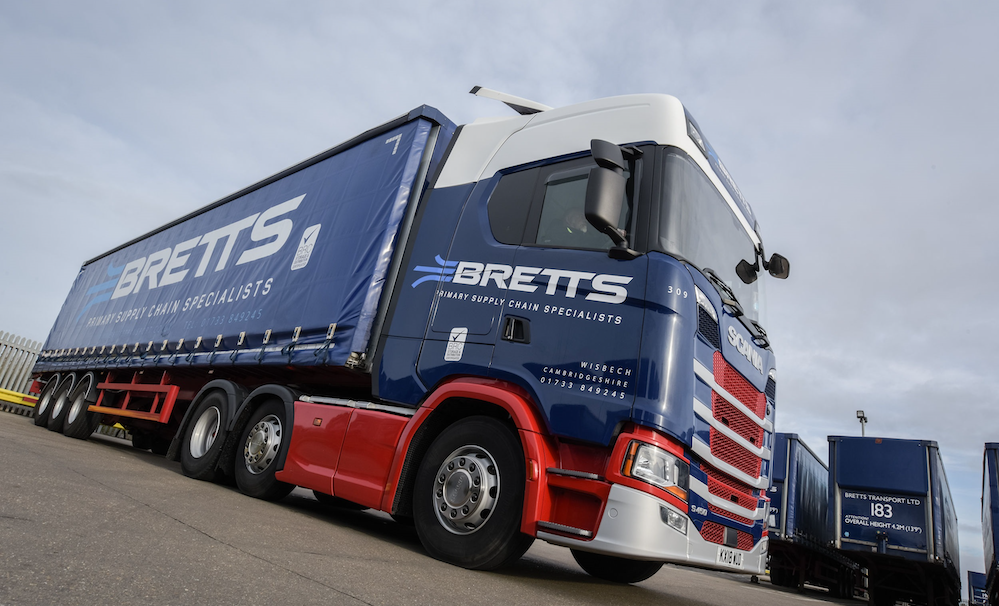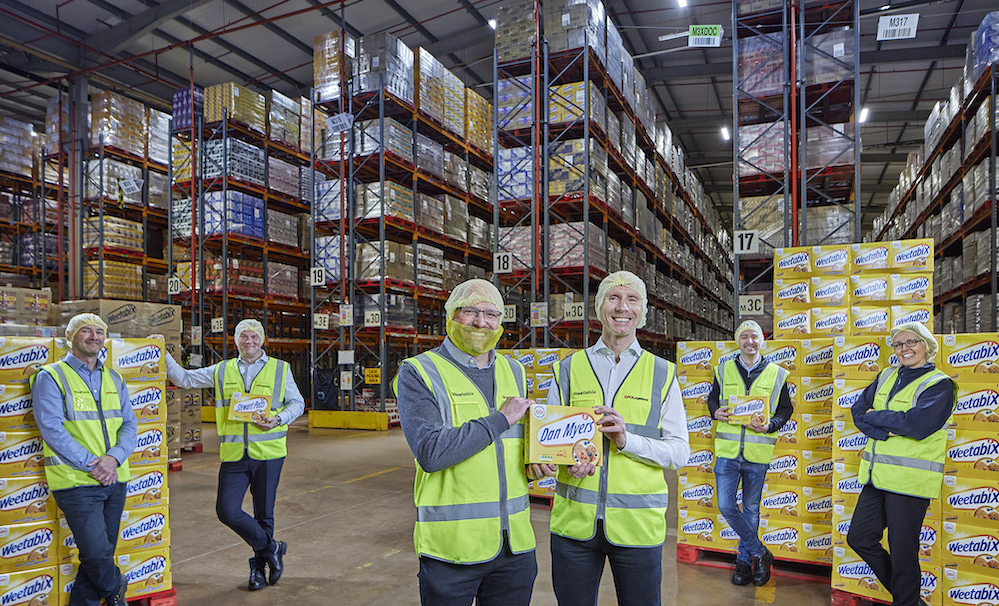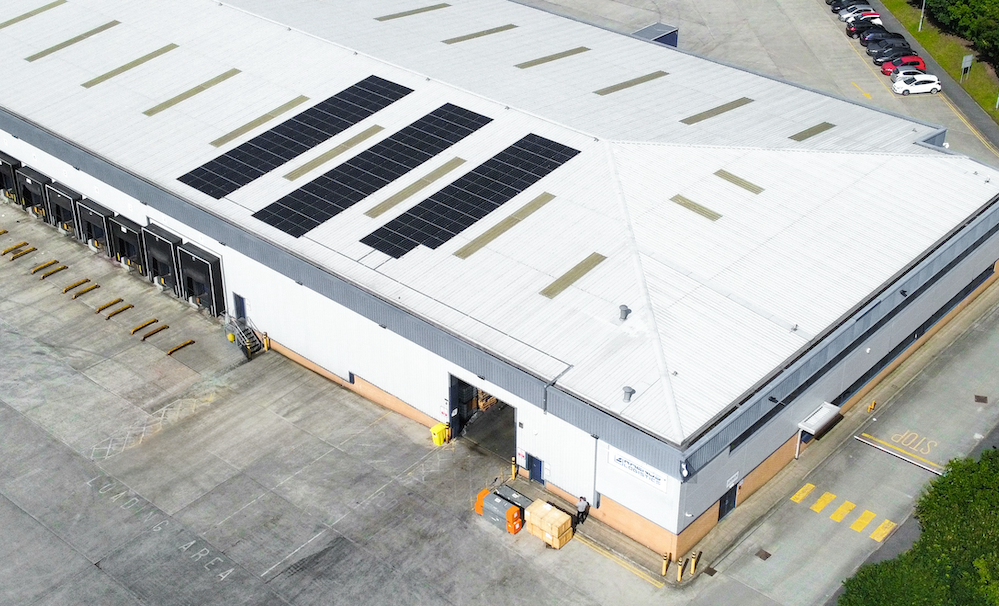Global retailer consolidation is happening at an alarming rate, and companies should be prepared to start sharing warehouse space with their rivals, warns Midlands Pallet trucks, a recognizable name in the field of manual handling equipment.
With the news that Amazon has bought organic retailer Whole Foods, that Sainsbury’s has taken Nisa, and that Tesco is now holding Booker’s fate in its hands, it’s become clear that big retailers are grabbing for more visibility amongst younger consumers with a dizzying array of choice.
However, with smaller warehouses not economically viable to run, and shoppers wanting an extensive range of products to be available to them in ever smaller shops, it is becoming a distinct possibility that some of these warring retailers may find themselves sharing space soon.
“It’s not an ideal situation for retailers,” says Phil Chesworth, Managing Director of Midlands Pallet Trucks. “However, they have to face reality—their customers expect fast delivery and small warehouses eat into profits.”
The future of warehousing could be a 1m sq ft warehouse with several warring brands’ inventory ready to be dispatched at a moment’s notice. Not only will this require more workers and more tools, it’s possible that this will become the new normal for many big retailers—even Amazon might bow to this model if it looks to be giving its rivals the edge.
Logistics teams, delivery drivers, and e-commerce teams will have to look closely at the future of warehousing, but if this is the way it develops, we could be seeing a whole new kind of retailer relationship in the future.







